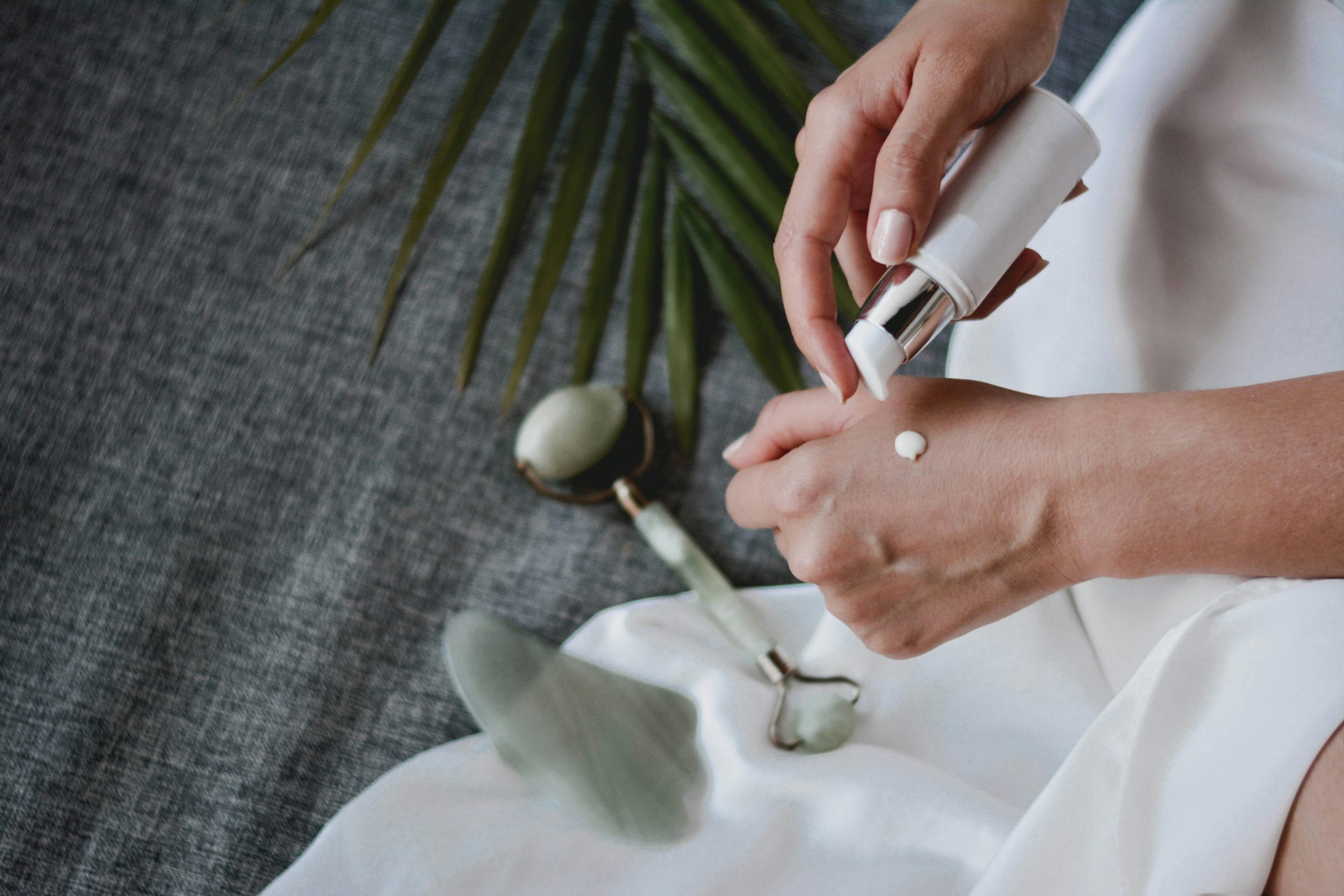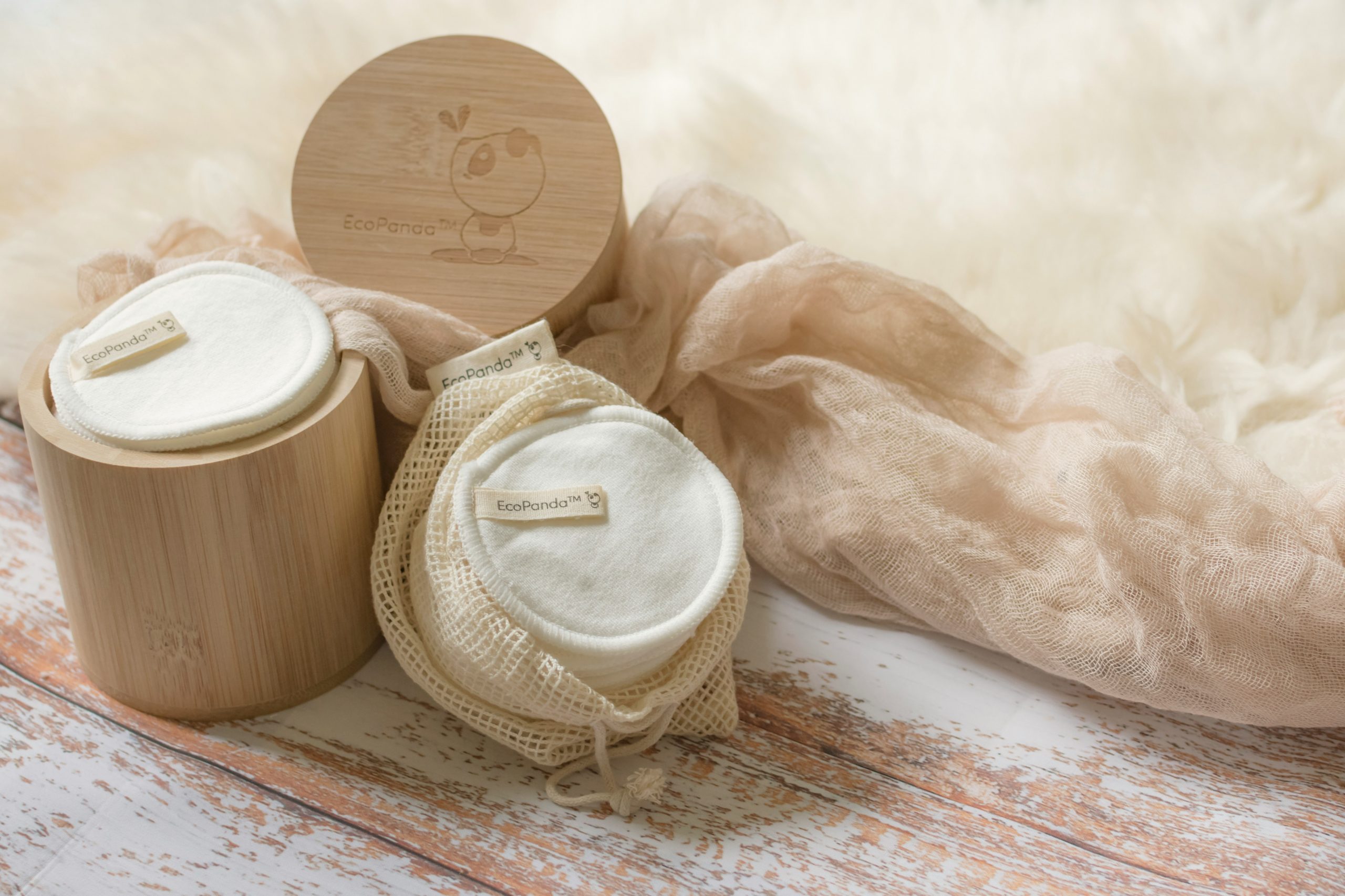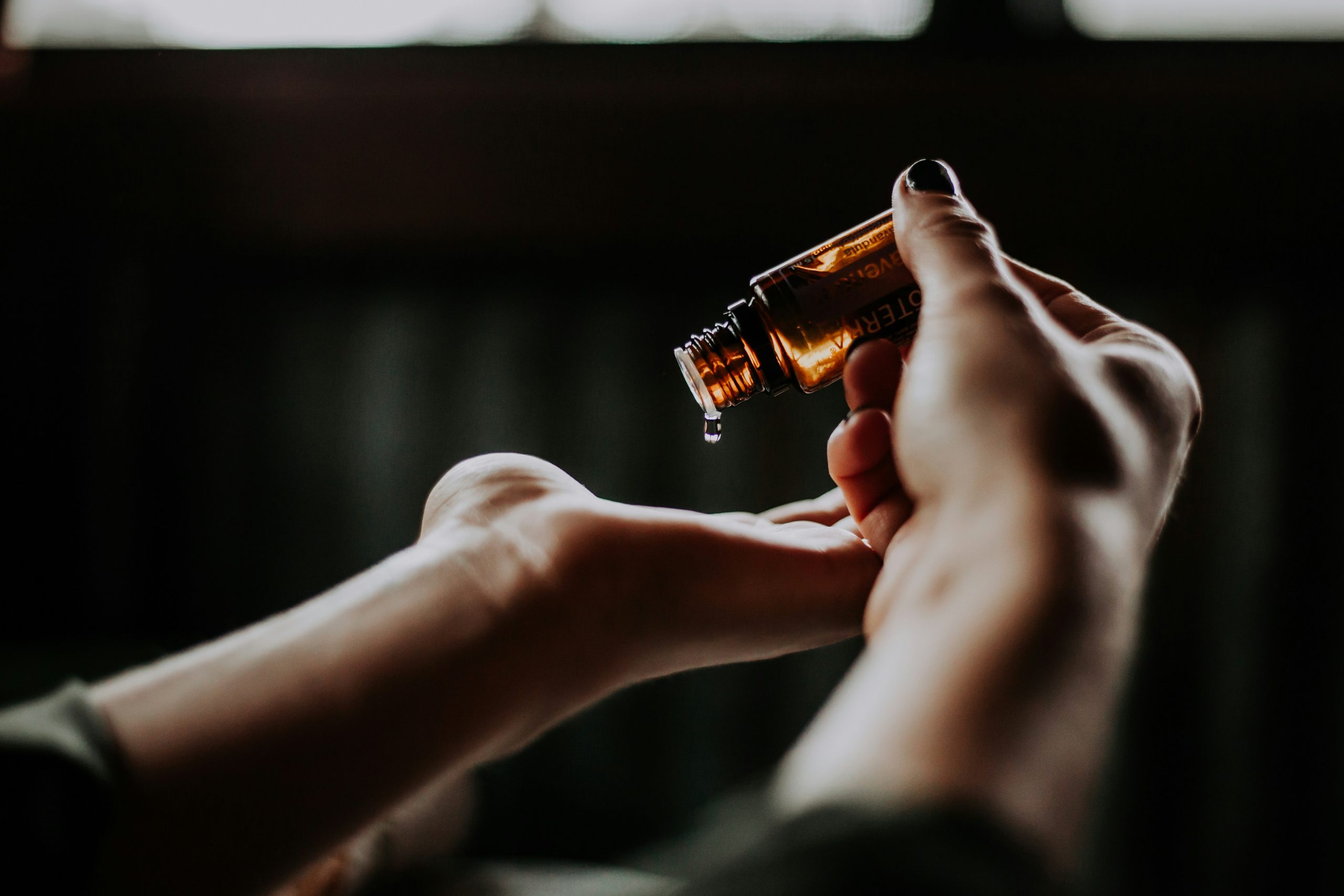The fashion and beauty industries have come under fire tremendously over the past few years as we became more earth-conscious. As consumers, it is our responsibility to understand what we are backing when we buy certain products and how our behaviour impacts the environment.
Here are some easy-to-implement tips to help make your beauty routine more eco-friendly:
Reduce your consumption
Although Kim Kardashian swears by her 9-step beauty regimen, all of that is definitely not necessary, and in fact, it is harmful to the environment in the long run. For the rest of us earth-conscious beauties, stripping down to the necessities is what we need to do. Try two-in-one products. I use Neutrogena’s Fresh & Clear Daily Exfoliator Pink Grapefruit & Vitamin C which works as a face wash and an exfoliator so that I don’t have to use two separate products.
Some experts also say that day and night creams are a scam, as we can use normal sunscreen (that often comes with higher SPF) as an added layer over a moisturiser without SPF during the day, or a day cream with SPF at night.

Image credit: Unsplash
Not only is this great for the environment, but it is great for our pockets too.
Replace cotton pads with reusable cloths
Cotton pads and wipes may seem convenient, but using them is particularly harmful to the environment – in fact, so is anything that is single-use. They end up in landfills and often contribute to pollution.
Farming cotton the way it is currently being done is also quite wasteful as it requires a lot of water. It is estimated that making just 1kg of cotton requires about 20 000 litres of water.

Image credit: Unsplash
Go waterless
Reducing the amount of water you use in your daily beauty routine is another solution. You can use products like micellar water or the old-faithful coconut oil to remove stubborn makeup, as opposed to having the water run for minutes while you scrub and struggle to remove your makeup.

Image credit: Unsplash
Recyclable packaging
Use products that come in recyclable packaging. Glass bottles are often the better option as the common polyvinyl chloride (PVC) is waterproof and not biodegradable. PVC also contains phthalates — chemicals that have been linked to a number of health issues.
If you are purchasing products packaged in plastic look for ethylene vinyl acetate (EVA) or polyethylene terephthalate (PET), which is a type of plastic that is 100% biodegradable.
ALSO SEE:
Unsuspecting carcinogenic products that may be putting your family at risk
Feature image: Unsplash

